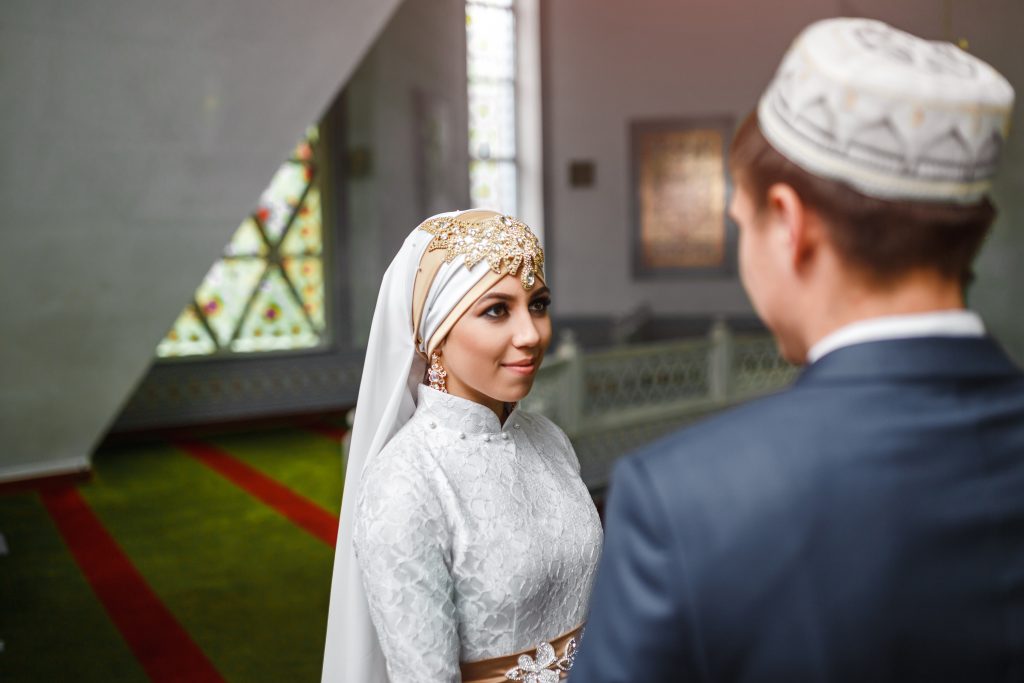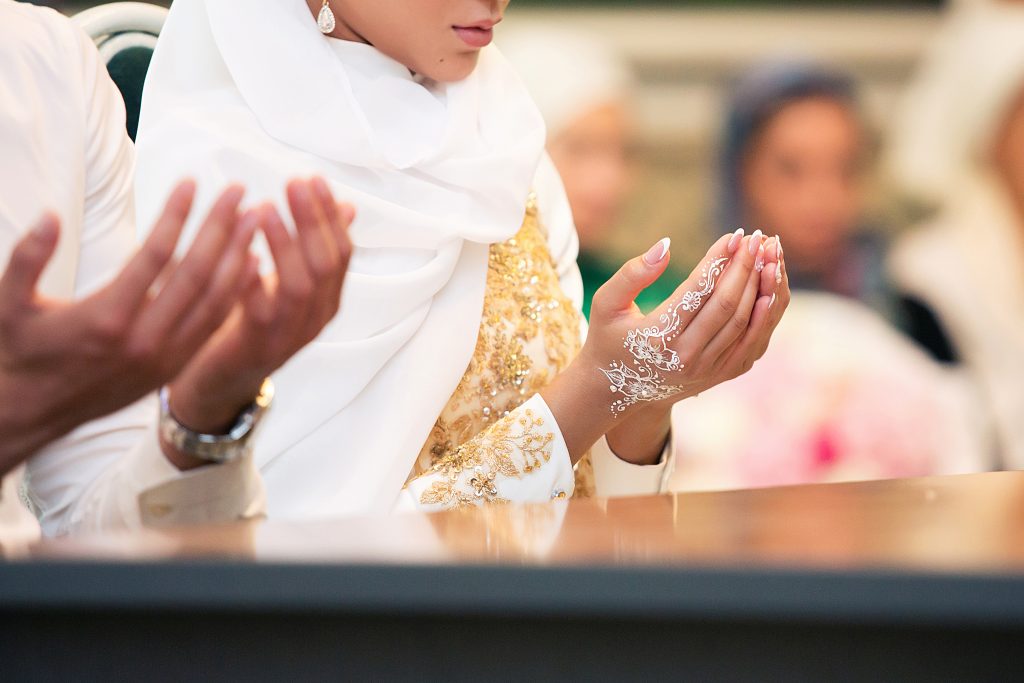For one to show negligence to the prayer demonstrates a profound lack of commitment to a Higher Authority, let alone a spouse.
For one to show negligence to the prayer demonstrates a profound lack of commitment to a Higher Authority, let alone a spouse.
There once was a handsome young man who sought to be married. He had recently met a beautiful woman at an MSA function who he hoped to begin speaking with. Wanting to do his due diligence, the young man approached the father of his intended and asked the father’s permission to get to know his daughter better. The father was happy to oblige if the young man could answer just one question for him. The young man was overjoyed to hear this and eagerly accepted the conditions. The father smiled and asked, “What time was Fajr today?” Upon hearing this, the young man turned red in embarrassment, said his salaams, and hurried away.
The above story is based on a tale passed down through repeated Instagram and Tumblr posts, but the profound message it carries is worth examining a bit closer. How many of us approach the topic of marriage before having completed the basic prerequisites for it? More specifically, do we have our five daily prayers down before we attempt to add the responsibilities of another human being to our life? For one to show negligence to the prayer demonstrates a profound lack of commitment to a Higher Authority, let alone a spouse.
Marriage, just like salah (prayer), is an act of ibadah (worship). While this may not be felt by the way our communities speak and conduct matrimonies, the Prophet ﷺ made the connection between our deen (religion) and marriage clear when he ﷺ said,
“Whoever Allah provides with a righteous wife, then Allah has assisted him in half of his religion. Let him be conscious of Allah regarding the second half.”
And what better way to demonstrate God-consciousness than through prayer? Typical conversations with parents about marriage revolve around their children’s education, career, income, looks and even family lineage. While some of these traits are important to consider, they also show that our community is not prioritizing the religion when it comes to selecting the person we’re supposed to spend the rest of our life with. The Prophet ﷺ gave us beautiful guidelines to follow when he ﷺ is reported to have said,
“A woman may be married for four reasons: for her property, her status, her beauty and her religion, so try to get one who is religious so you may be blessed.”
And what’s a better determinant of religiosity if not prayer? To put it plainly, if someone is not on top of their prayers, they should not be considering marriage.

While that may seem harsh and judgemental, there are several reasons why a lack of a prayer-regimen should be a non-starter for matrimony. Prayer teaches one self-discipline, time management, communication, how to prioritize tasks, and countless other lessons, all of which are crucial ingredients to any successful marriage. In summary, missing prayers shows a lack of dedication to those essential traits, and ultimately, preparation for marriage.
There are some who properly establish their own five daily prayers before considering marriage, but then do not prioritize this quality when looking for a potential spouse. We then find these same people defaulting to their community assumptions of what makes a good spouse – career, income, status – ignoring the essential role of the prayer. Overlooking this issue may seem minor to those who have their own prayer established, but there are more problems that will likely follow them into their marriages as a result of this oversight.
For women who want to marry men they know don’t take prayers seriously: if he is not praying, he is already demonstrating that he will not give Allah the rights due to Him. That means you really have no assurance that he will guarantee the rights Allah has endowed you with and ordered him to ensure to you. Maybe he’ll provide you with your rights in the beginning, but what happens when he begins to stop doing this? How do you convince someone that they are going to be held accountable for their negligence if they are dismissive of the One who ordered them to guarantee those rights in the first place?

For men who want to marry women who they know doesn’t take their prayers seriously: if she doesn’t afford Allah the rights due to Him, where’s the guarantee that she will maintain the commitments in her role as a wife that Allah has commanded her to? Additionally, do you believe she will be the best mother to your children? Who will be the one to teach your kids about Islam and show them how to pray if the mother herself is lackadaisical on those rituals? And if she does teach them the rules of worship, how will your children take those rules seriously when they seldom see that same person actually praying? Who will be the one to put the love of the practice into your children’s hearts if they rarely see your wife embodying that very practice?
Marriage can without a doubt seem like a complicated and daunting task to approach, but establishing the prayer is the foundation that streamlines the rest of your selection process insha’Allah. There will be those who will point to some example of a person who prays five times a day, but has awful character, or is seemingly oblivious to their own haram (forbidden) actions. While we could spend pages elaborating on the difference between actually establishing the prayer and just “praying,” the important thing to keep in mind here is that people are imperfect. People will appear in all sorts of traits and attitudes and ultimately there are several factors you should consider when choosing a spouse. However very few of those factors should take priority over someone’s dedication to the prayer. Properly establishing the salah carries with it such profound commitments to both the self and the metaphysical world, that it makes envisioning the commitment to a potential spouse a little bit easier.
Learn more at Nikah101, the Muslim Marriage Guide that prepares Muslims for marriage





